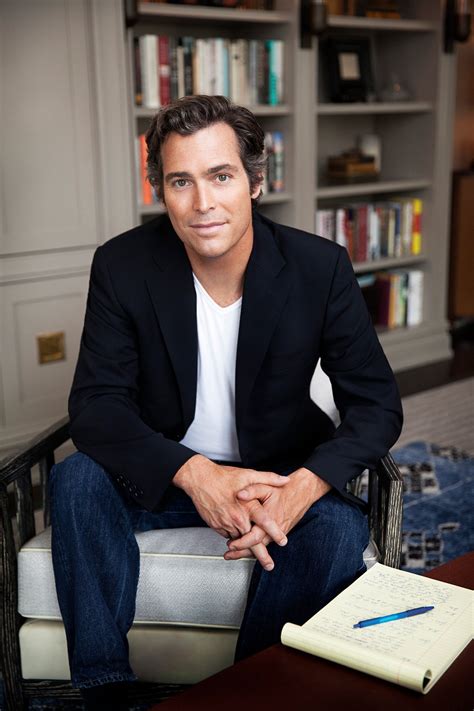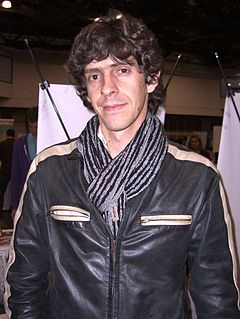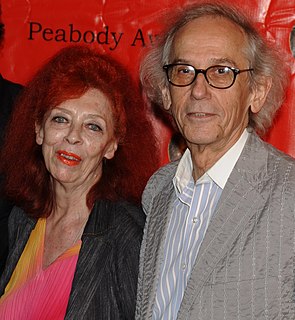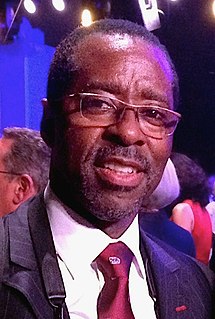A Quote by Jan Brett
I like to pretend that each book is my first one and last one, because it takes a tremendous amount of energy to do a book.
Related Quotes
Because...Beacause it's so good, and there's only one chance to read a book for the first time, and I want it to last. That experience. I'd finish it in a day otherwise, and that'd be like...like eating a carton of ice cream in one sitting. Too much richness over too quickly. This way, I can draw it out. Make the book last longer. Savor it. I have to since they don't come out that often.
I first heard the term "meta-novel" at a writer's conference in Tulsa, Oklahoma. The idea is that even though each book in a series stands alone, when read collectively they form one big ongoing novel about the main character. Each book represents its own arc: in book one of the series we meet the character and establish a meta-goal that will carry him through further books, in book two that meta-goal is tested, in book three - you get the picture.








































